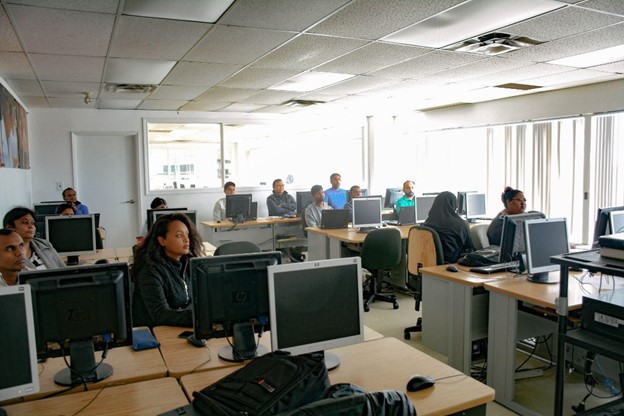Did you know there will be nearly 3.5 million cybersecurity job openings by 2025? Cybersecurity is increasingly becoming one of the most sought-after fields as more and more organizations scale up their cyber security systems. With the increasing frequencies of cyber attacks and evolving complexities of hacking methodologies, safeguarding data requires the unique skill sets of a cybersecurity analyst.
Keep reading to learn more about what precisely a cybersecurity analyst does.
Roles and Responsibilities of a Cybersecurity Analyst
A cybersecurity analyst is responsible for protecting an organization from cyber attacks. They also need to come up with solutions in the event of a cyber attack.
Monitor Networks
Cybersecurity analysts constantly are on the watch for potential security threats. They monitor networks, identify harmful activities, and respond to them as quickly as possible.
Maintain Software
Security analysts deploy firewalls and encryption programs. They also install and update security software regularly to prevent unauthorized access. These professionals must ensure that all the sofwares have proper security measures.
Conduct Ethical Hacking
Ethical hacking is hacking into the company’s security systems with the organization’s consent. It is to understand the security vulnerabilities and take proper measures to fix the breaches before the hackers.
Compliance
Cyber security analysts must also ensure that the company’s security system complies with industry standards. Regular audits, assessments, and risk management reviews to ensure the safety of the organization’s data will also be a part of this role.
Attack Response
In the event of a cyber attack, even when a robust security system is in place, a cybersecurity analyst will play the role of a detective, find the root cause, and develop a recovery plan. Some highly specialized security analysts can also trace the hacker using digital footprints.
Planning and Reporting
Cyber security analysts are responsible for developing a disaster plan and maintaining reports of ongoing security measures, attacks, and responses. They also backup essential data and systems to minimize damage if an attack occurs. As these analysts constantly look out for possible breaches and threats, they must also develop security plans and keep the team informed of the latest changes and best practices.
Stay Updated With the Latest Trends
Cyber attacks are ever evolving. Security analysts must keep up with the latest trends in security best practices. Continuous research on the latest information technology and security systems would help them understand its risks well.
The above are the primary responsibilities of a cybersecurity analyst, but given the dynamics of the industry, the roles keep evolving with technological developments. Cybersecurity analysts need to be technically sound and possess soft skills like critical thinking, attention to detail, and problem-solving skills. With a mindset to keep learning and proper training, be sure to ace a career in information security.
If you are looking for an excellent course to start your career in cybersecurity, Computek College is the place to go. We offer a course on Computer Networking and Cybersecurity Engineering that could interest you. Call 416-321-9911 or contact us to kickstart your career!








